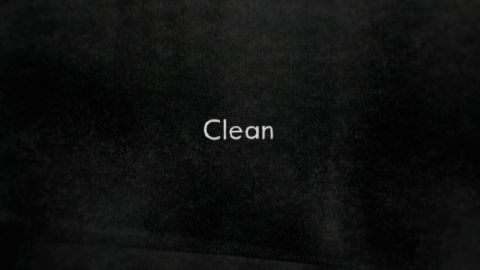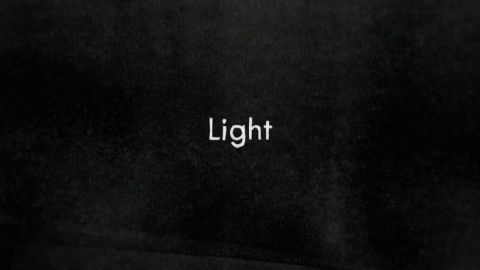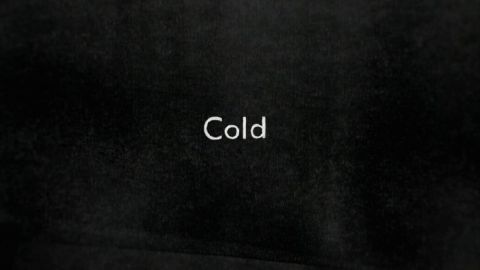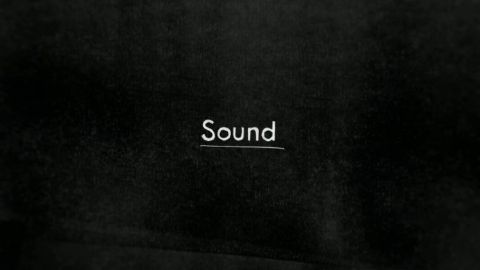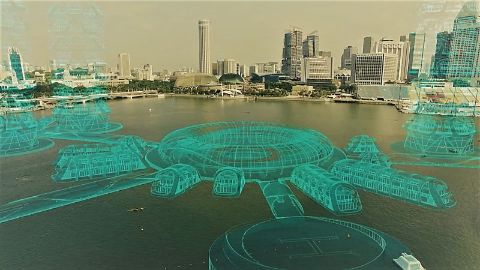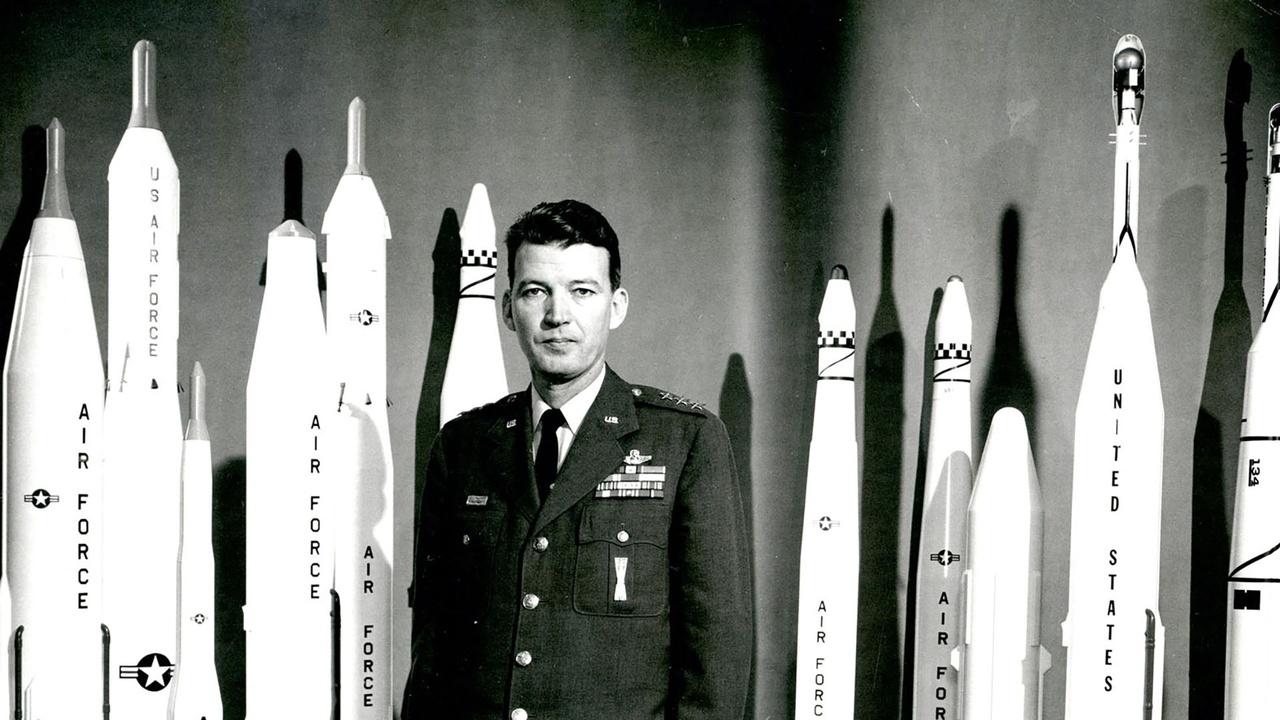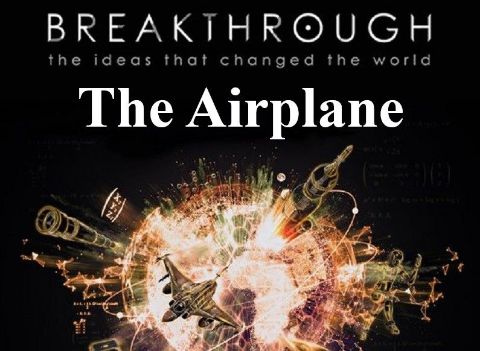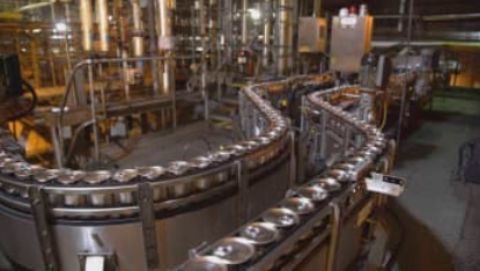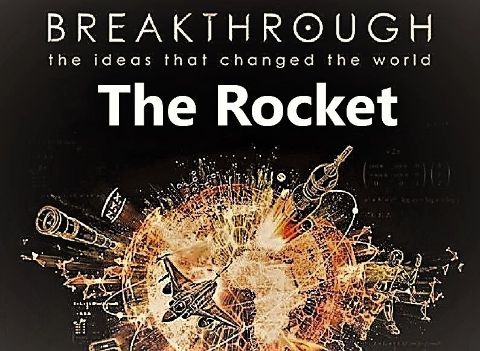Sound • 2014 • episode "S1E6" • How We Got to Now
Imagine a world without the power to capture or transmit sound. Journey with Steven Johnson to the Arcy sur Cure caves in northern France, where he finds the first traces of the desire to record sound — 30,000 years ago. He also learns about the difference that radio made in the civil rights movement and reveals the Hollywood star who designed a WW2 weapon that would make possible the modern cell phone network. During an ultrasound on a pregnant dolphin, he realizes just how big a role sound has played in medicine. The unsung heroes of sound have had an impact on our working lives, race relations, saving lives and the radical alteration of cities.
Make a donation
Buy a brother a hot coffee? Or a cold beer?
Hope you're finding these documentaries fascinating and eye-opening. It's just me, working hard behind the scenes to bring you this enriching content.
Running and maintaining a website like this takes time and resources. That's why I'm reaching out to you. If you appreciate what I do and would like to support my efforts, would you consider "buying me a coffee"?
Donation addresses
BTC: bc1q8ldskxh4x9qnddhcrgcun8rtvddeldm2a07r2v
ETH: 0x5CCAAA1afc5c5D814129d99277dDb5A979672116
With your donation through , you can show your appreciation and help me keep this project going. Every contribution, no matter how small, makes a significant impact. It goes directly towards covering server costs.
